

Articles
How To Store Uncooked Tofu
Modified: January 5, 2024
Learn the best methods for storing uncooked tofu in this helpful article. Discover tips and tricks to keep your tofu fresh and flavorful for longer.
(Many of the links in this article redirect to a specific reviewed product. Your purchase of these products through affiliate links helps to generate commission for Storables.com, at no extra cost. Learn more)
Introduction
When it comes to cooking with tofu, proper storage is essential to maintain its freshness and quality. Whether you’re a seasoned vegan or just starting to explore the world of plant-based protein, knowing how to store uncooked tofu can make a significant difference in its taste and texture.
Tofu, also known as bean curd, is a versatile and nutritious ingredient made from soybeans. It is a staple in many Asian cuisines and has gained popularity worldwide for its high protein content and ability to absorb various flavors. However, tofu is also highly perishable and can spoil quickly if not stored correctly.
In this article, we will explore the importance of proper tofu storage and provide you with practical tips to ensure your uncooked tofu remains fresh and ready to use whenever you need it.
Key Takeaways:
- Proper tofu storage is crucial for maintaining freshness, flavor, and texture. Choosing the right packaging, checking expiry dates, and managing moisture are key steps to ensure delicious and safe uncooked tofu.
- Freezing tofu can extend its shelf life and provide a different texture for culinary creations. Preventing cross-contamination and following refrigeration guidelines are essential for maintaining the integrity and flavor of uncooked tofu.
Read more: How To Store Tofu
Why Proper Storage Matters
Proper storage of uncooked tofu is important for several reasons. Firstly, it helps to maintain the tofu’s freshness and flavor. When stored incorrectly, tofu can develop an off-putting odor and taste, which can affect the overall taste of your dish.
Secondly, proper storage prevents the growth of bacteria and other pathogens that can cause foodborne illnesses. Tofu is a perishable product that is susceptible to bacterial contamination if not handled and stored correctly. By following the right storage practices, you can reduce the risk of food poisoning and keep yourself and your loved ones safe.
Furthermore, proper storage helps to preserve the texture of tofu. Tofu comes in various textures, such as silken, soft, firm, and extra firm. Each texture lends itself to different cooking methods and recipes. However, improper storage can lead to a change in texture, resulting in a mushy or crumbly consistency. By storing tofu properly, you can ensure that it retains its desired texture and enhances the overall quality of your dishes.
Lastly, proper storage can minimize waste and save you money. By storing tofu correctly, you can extend its shelf life and reduce the need for frequent repurchasing. This not only helps to reduce food waste but also allows you to enjoy tofu at its best quality for a longer period of time.
Now that we understand the reasons behind the importance of proper tofu storage, let’s dive into some practical tips to help you store uncooked tofu effectively and enjoy its deliciousness in your culinary creations.
Tips for Storing Uncooked Tofu
1. Choosing the Right Packaging: When purchasing tofu, opt for brands that use vacuum-sealed or airtight packaging. This helps to retain freshness and keeps the tofu from drying out or absorbing unwanted odors from the surrounding environment.
2. Checking the Expiry Date: Always check the expiry date before purchasing tofu. Choose the package with the furthest expiration date to ensure you have ample time to consume it before it spoils.
3. Refrigeration Guidelines: Immediately refrigerate uncooked tofu after opening the package. Keep it in its original packaging or transfer it to an airtight container, covering the tofu with clean water. Change the water daily to keep it fresh and prevent it from drying out.
4. Handling Moisture: Tofu has a high moisture content, so it’s essential to drain excess moisture before storage. Place the tofu block on a clean kitchen towel or paper towel, and gently press down with a weight, such as a plate or a heavy object, to remove excess water. This step helps to prevent the tofu from becoming mushy and prolongs its shelf life.
5. Freezing Tofu: Freezing tofu is a great option if you want to prolong its shelf life or change its texture. Simply drain and press the tofu, then place it in a freezer-safe container or wrap it in freezer-safe packaging. Frozen tofu can be stored for up to three months. Thaw it in the refrigerator before using and expect a slightly different texture than fresh tofu.
6. Preventing Cross-Contamination: To avoid cross-contamination, store tofu away from other strong-smelling foods in the refrigerator. Tofu easily absorbs odors, so it’s best to keep it separate from items like onions, garlic, or pungent cheeses.
By following these tips, you can ensure that your uncooked tofu remains fresh, flavorful, and safe to consume for an extended period.
Choosing the Right Packaging
When it comes to storing uncooked tofu, selecting the right packaging is crucial in maintaining its freshness and quality. The packaging not only plays a role in preserving the flavor and texture but also helps protect the tofu from external contaminants and moisture.
When purchasing tofu, look for brands that offer vacuum-sealed or airtight packaging. These types of packaging are designed to keep the tofu fresh by sealing in the flavor and preventing exposure to air. Vacuum-sealed tofu packages remove most of the air, creating an oxygen-free environment that inhibits the growth of bacteria and extends the shelf life. Airtight packaging protects the tofu from drying out and absorbing unwanted odors from the surroundings.
Although tofu packaged in water is common, it is still important to ensure that the packaging is intact and without any leaks or damages. Any compromise in the packaging can lead to contamination and spoilage of the tofu.
It is worth mentioning that some brands offer tofu in a tetra pack or aseptic packaging. These types of packaging provide an excellent option for long-term storage as they do not require refrigeration until after opening. However, once opened, it is essential to transfer the tofu to an airtight container and refrigerate it to maintain its freshness.
By choosing tofu with the right packaging, you can ensure that it stays fresh and ready to use whenever you need it. The proper packaging protects the tofu from air exposure, prevents spoilage, and maintains its flavor, making it an important consideration when storing uncooked tofu.
Checking the Expiry Date
When storing uncooked tofu, it is crucial to check the expiry date before purchasing. The expiry date indicates the period during which the tofu is expected to maintain its quality and freshness. By selecting tofu with a longer expiry date, you can ensure that you have ample time to consume it before it spoils.
Here are a few important points to keep in mind when checking the expiry date:
1. Look for the furthest expiration date: Tofu typically has a shelf life of several weeks to a few months, depending on factors such as the type of tofu and the packaging. When browsing the grocery store shelves, look for the tofu package with the furthest expiration date. This ensures that you have sufficient time to use the tofu before it reaches its expiry date.
2. Examine the packaging: Before purchasing tofu, carefully inspect the packaging for any signs of damage or tampering. Ensure that the seal is intact and that there are no punctures or leaks that could compromise the freshness and safety of the tofu. If you notice any issues with the packaging, opt for a different package to ensure the quality of the tofu inside.
3. Take note of the storage conditions: Consider the storage conditions of the tofu before purchasing. For instance, if the tofu is sitting on a shelf at room temperature, it may have a shorter expiry date compared to tofu that is stored in a refrigerated section. Opt for tofu that has been properly stored at an appropriate temperature to maximize its freshness.
4. Plan your usage: When shopping for tofu, it can be helpful to plan your meals and recipes in advance. Consider how much tofu you typically use and how quickly you can consume it. This will enable you to select the right package size and ensure that you can use the tofu before it expires.
By checking the expiry date and selecting tofu with a longer shelf life, you can be confident that the tofu will stay fresh and flavorful until you are ready to enjoy it.
Store uncooked tofu in the refrigerator in a container filled with water. Change the water every day to keep the tofu fresh.
Read more: How To Store Cooked Tofu
Refrigeration Guidelines
Proper refrigeration is essential for storing uncooked tofu and maintaining its freshness for a longer period. Refrigeration helps to slow down the growth of bacteria, ensuring that the tofu remains safe to consume. Here are some guidelines to follow when refrigerating uncooked tofu:
a. Refrigerate immediately: After purchasing uncooked tofu, it is important to refrigerate it promptly. Leaving tofu at room temperature for an extended period can lead to bacterial growth and spoilage. Aim to refrigerate the tofu within two hours of purchasing or as soon as you get home.
b. Keep it in its original packaging: Tofu is often packaged in water or brine to maintain its moisture content. It is best to leave the tofu in its original packaging until you are ready to use it. The packaging helps to protect the tofu from air exposure and maintain its freshness. If the original packaging is damaged, transfer the tofu to an airtight container or wrap it tightly in plastic wrap.
c. Covered with water: If the tofu is not packed in water or brine, you can place it in an airtight container and cover it with clean, cold water. This helps to prevent the tofu from drying out and developing a rubbery texture. Remember to change the water every day to keep it fresh.
d. Store on a refrigerator shelf: Place the tofu on a refrigerator shelf rather than in the door or on the bottom of the refrigerator. The temperature on the shelf is usually the most consistent, helping to maintain the quality of the tofu. Avoid storing tofu near strong-smelling foods, as tofu can absorb odors easily.
e. Check for spoilage: Periodically check the tofu for any signs of spoilage, such as an off odor, mold growth, or discoloration. If you notice any of these signs, discard the tofu to prevent the risk of foodborne illness.
Following these refrigeration guidelines will help to preserve the freshness and quality of uncooked tofu, ensuring that it is safe to consume and ready to use whenever you need it. Proper refrigeration can extend the shelf life of tofu and minimize food waste.
Handling Moisture
Managing moisture is vital when it comes to storing uncooked tofu. Tofu retains a high water content, and excess moisture can lead to a shorter shelf life and undesirable texture. Properly handling moisture can help keep your tofu fresh and maintain its optimal quality. Here are some tips to effectively manage moisture:
a. Drain excess water: Before storing tofu, it is important to drain any excess water from the package. Remove the tofu from its packaging and gently press it between clean kitchen towels or paper towels to remove excess moisture. Applying slight pressure helps to remove water and prevent the tofu from becoming mushy or soggy during storage.
b. Press the tofu: To further eliminate moisture and improve the tofu’s texture, consider using a tofu press. A tofu press applies consistent pressure to the tofu block, squeezing out additional water. This step is particularly important if you plan on marinating or cooking the tofu, as it allows the tofu to absorb flavors more effectively.
c. Store in a container: Once you have drained the excess water from the tofu, place it in an airtight container. The container will help to prevent the tofu from drying out and absorbing unwanted odors from other foods in the refrigerator.
d. Change the water daily: If you store tofu in water, make sure to change the water daily. This prevents the water from becoming stagnant and allows the tofu to stay fresh and flavorful. When changing the water, gently rinse the tofu before refilling the container with fresh water.
e. Use moisture-absorbing substances: To help manage moisture, you can place a paper towel or a clean, dry cloth in the container with the tofu. These absorbent materials can help to absorb excess moisture, keeping the tofu fresh for a longer period of time.
By following these tips, you can effectively handle moisture and ensure that your uncooked tofu remains fresh and maintains its desired texture. Proper moisture management helps to prolong the shelf life of tofu and enhances its overall quality.
Freezing Tofu
Freezing tofu is a convenient method to extend its shelf life and change its texture. Freezing alters the structure of tofu, resulting in a firmer and chewier consistency. This opens up new possibilities for incorporating tofu into a variety of dishes. Here’s how to freeze tofu effectively:
a. Drain and press: Start by removing the tofu from its packaging and draining any excess water. Gently press the tofu between clean kitchen towels or paper towels to remove as much moisture as possible. Pressing the tofu helps to improve its texture after thawing.
b. Cut into desired portions: Depending on your preference and intended use, you can either freeze the tofu as a whole block or cut it into smaller portions. Slicing the tofu into smaller pieces allows for easier portioning and faster thawing.
c. Wrap or seal: Wrap the tofu block or the individual portions tightly in plastic wrap or place them in an airtight container or freezer bag. The packaging should be securely sealed, preventing the tofu from exposure to air and freezer burn.
d. Label and date: To keep track of the freezing time and maintain organization in your freezer, label the packaged tofu with the date of freezing. This will help you use the oldest tofu first, ensuring optimal freshness.
e. Freeze: Place the wrapped or packaged tofu in the freezer. It is advisable to store tofu in a single layer initially to allow for even freezing. Once the tofu is fully frozen, you can stack the packages to save space in your freezer.
f. Thaw before use: When you’re ready to use the frozen tofu, transfer it to the refrigerator and allow it to thaw slowly. This can take about 24 hours or longer depending on the size of the tofu. Thawing in the refrigerator helps to retain the tofu’s texture and flavor.
Pro tip: For a more interesting texture, you can also try freezing tofu, thawing it, and then pressing it again. This double-pressing method can result in an even firmer and drier tofu texture, perfect for absorbing flavors in stir-fries and other dishes.
By freezing tofu, you can prolong its shelf life and experiment with different textures. Freezing is a practical way to ensure you always have tofu on hand and can easily incorporate it into various recipes.
Preventing Cross-Contamination
Preventing cross-contamination is crucial when storing uncooked tofu. Cross-contamination can occur when bacteria or flavors from one food item transfer to another, compromising taste and potentially causing foodborne illnesses. To ensure the safety and quality of your tofu, follow these guidelines:
a. Separate storage: It’s essential to store tofu separately from other strong-smelling foods in the refrigerator. Tofu has a porous texture and can easily absorb odors and flavors from its surroundings. Keep tofu away from foods such as onions, garlic, and pungent cheeses that may impart their aromas onto the tofu.
b. Proper packaging: To prevent cross-contamination, store tofu in its original packaging or use airtight containers or bags when transferring it to the refrigerator. This helps to maintain the integrity of the tofu and reduces the chance of flavors transferring between different food items.
c. Clean storage space: Before placing tofu in the refrigerator, ensure that the storage space is clean and free from any spills or residues. Wipe down the shelves and drawers to remove any potential contaminants that could affect the tofu’s quality.
d. Use separate utensils: When handling tofu, use separate utensils such as tongs, spoons, or forks. Avoid using the same utensils that you have used for handling raw meat or poultry, as this can introduce bacteria to the tofu and increase the risk of foodborne illnesses.
e. Clean hands and surfaces: Wash your hands thoroughly with soap and water before handling tofu. Additionally, sanitize the surfaces and utensils used for cutting and preparing other foods to prevent any cross-contamination when you handle tofu.
f. Store opened tofu properly: If you have opened a package of tofu but are not using the whole block, wrap the remaining tofu tightly in plastic wrap or place it in an airtight container in the refrigerator. This prevents bacteria from contaminating the exposed tofu and ensures its freshness.
By following these practices, you can minimize the risk of cross-contamination and maintain the integrity and flavor of your uncooked tofu. Proper storage and handling will allow you to enjoy safe and delicious tofu dishes with peace of mind.
Read more: How To Store Tofu In Freezer
Conclusion
Properly storing uncooked tofu is essential to maintain its freshness, flavor, and texture. By following the guidelines outlined in this article, you can ensure that your tofu stays delicious and safe for consumption.
Choosing the right packaging when purchasing tofu helps to protect it from air exposure and maintains its quality. Checking the expiry date ensures that you are using fresh tofu and allows you to plan your meals accordingly. Refrigeration guidelines, such as prompt refrigeration, using airtight containers, and managing moisture, help to preserve the tofu’s freshness and prevent spoilage.
In addition, freezing tofu can extend its shelf life and provide a different texture for various culinary creations. Just remember to wrap it tightly, label it, and thaw it properly before using. And lastly, preventing cross-contamination by storing tofu separately, using clean utensils and surfaces, and practicing proper hygiene helps to maintain its integrity and avoid unwanted flavors.
With these tips in mind, you can store uncooked tofu effectively and enjoy its versatility in a wide range of dishes. Whether you’re a tofu enthusiast or just starting to explore its culinary possibilities, mastering the art of tofu storage will enhance your cooking experience and elevate your plant-based protein creations.
So, go ahead and experiment with different tofu recipes, knowing that you have the knowledge to properly store uncooked tofu and keep it at its best for your next delicious meal.
Frequently Asked Questions about How To Store Uncooked Tofu
Was this page helpful?
At Storables.com, we guarantee accurate and reliable information. Our content, validated by Expert Board Contributors, is crafted following stringent Editorial Policies. We're committed to providing you with well-researched, expert-backed insights for all your informational needs.
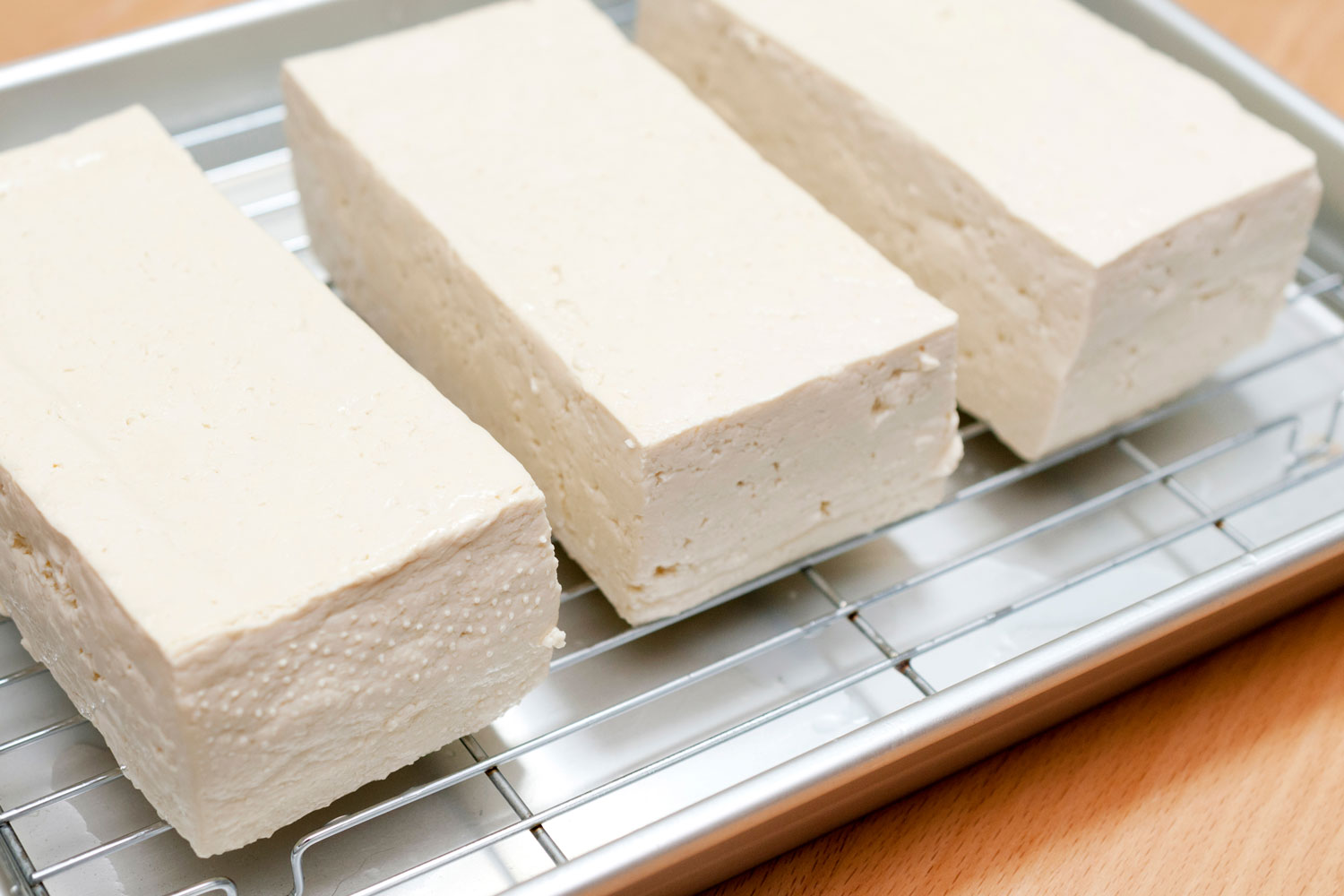
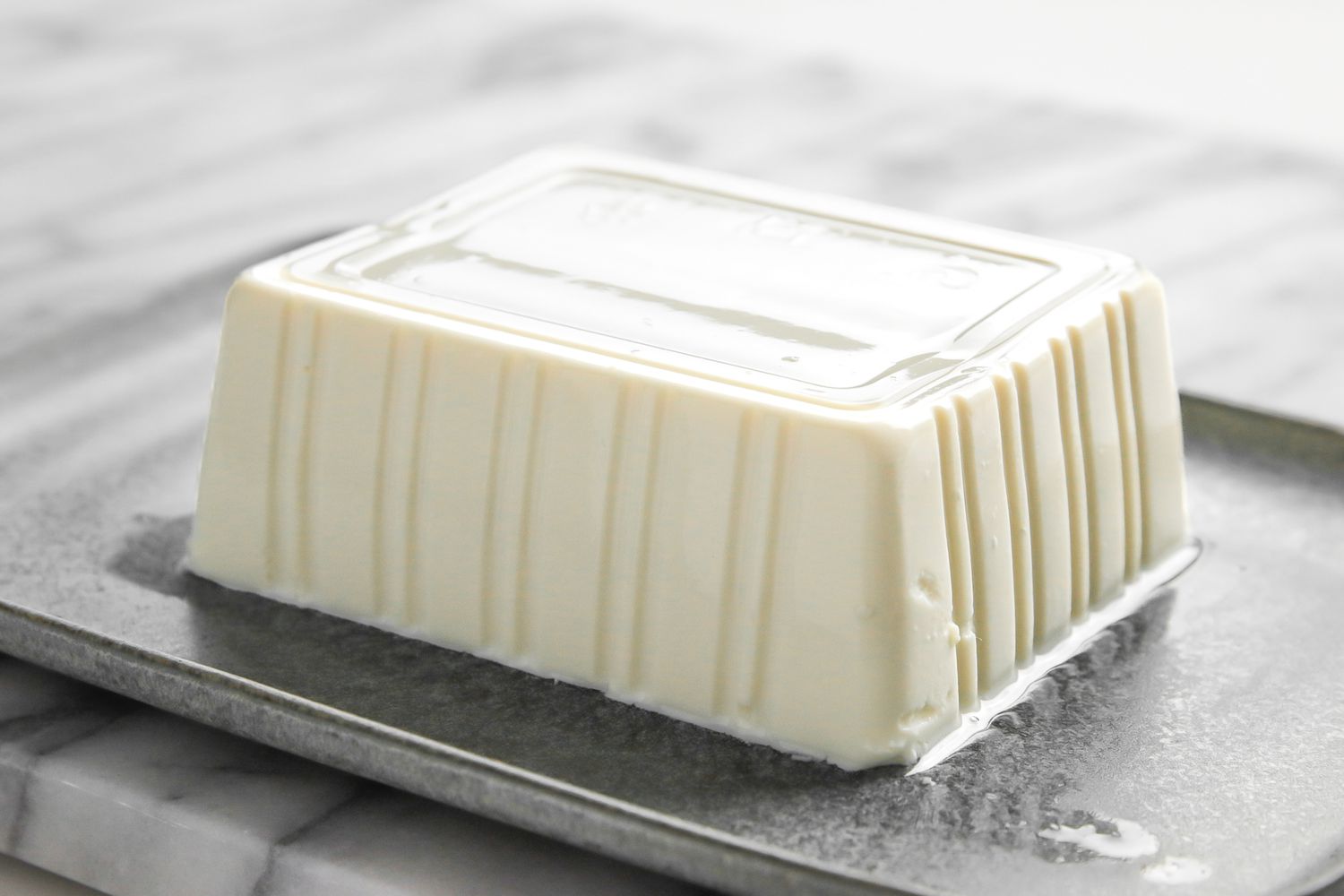
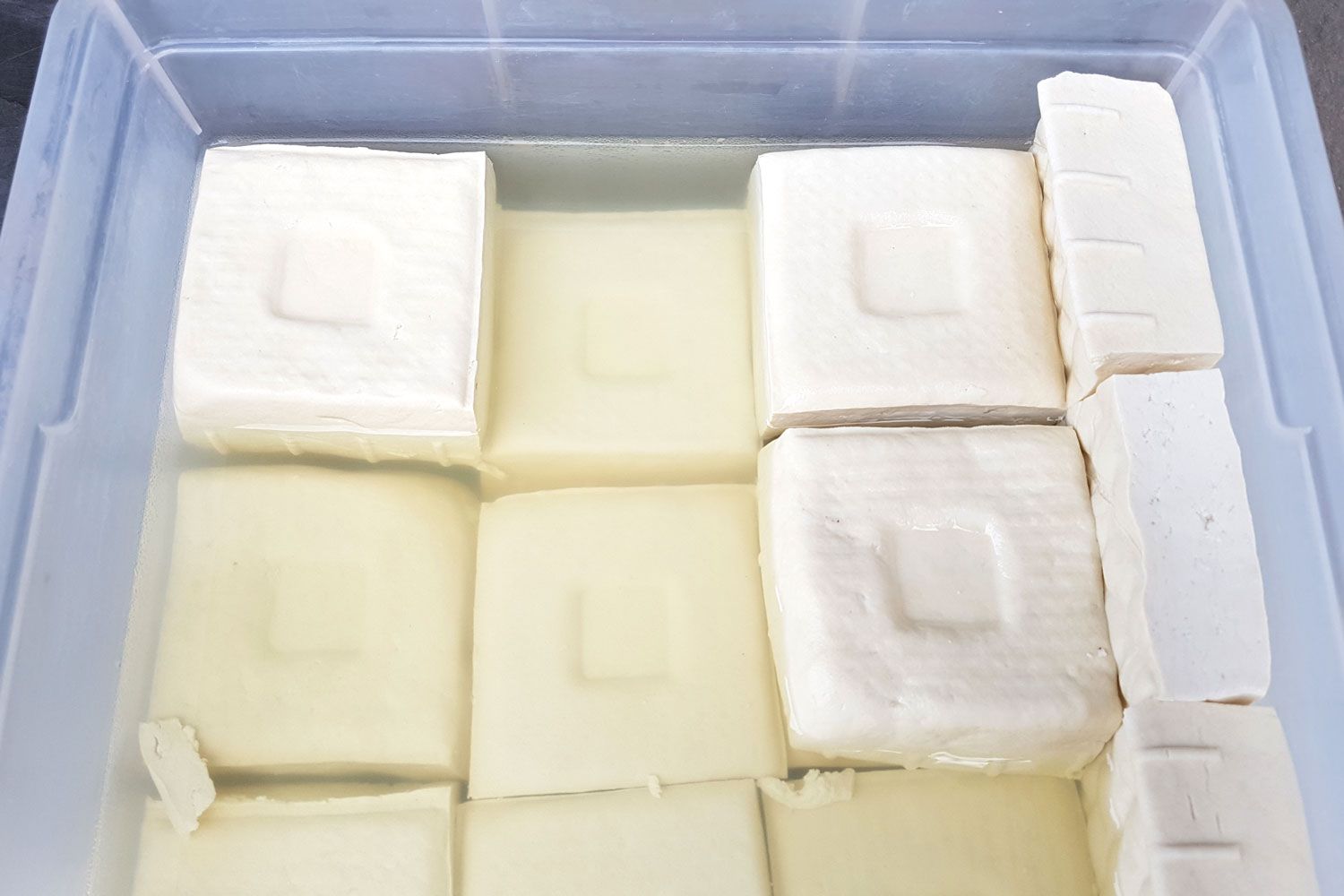

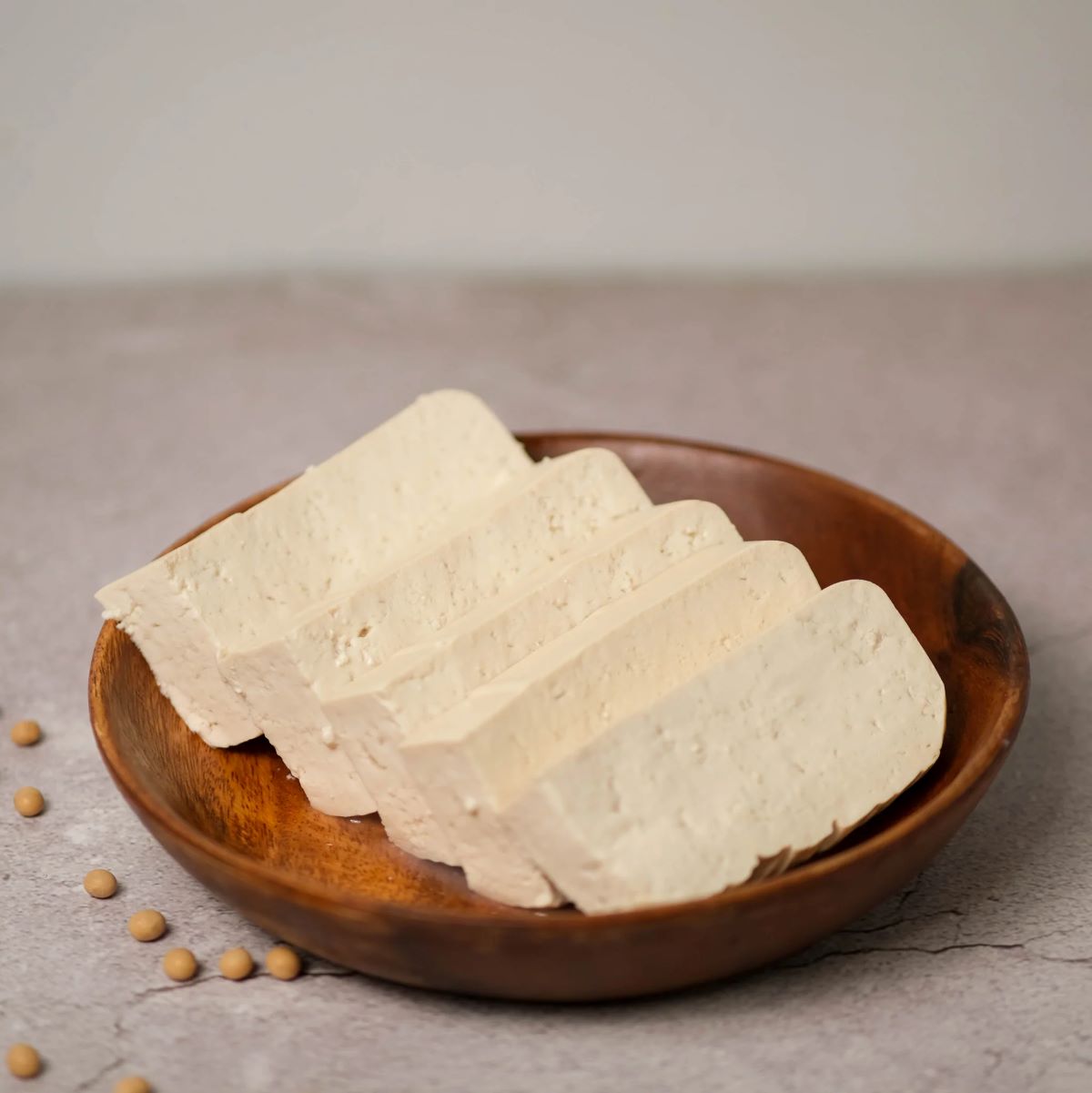
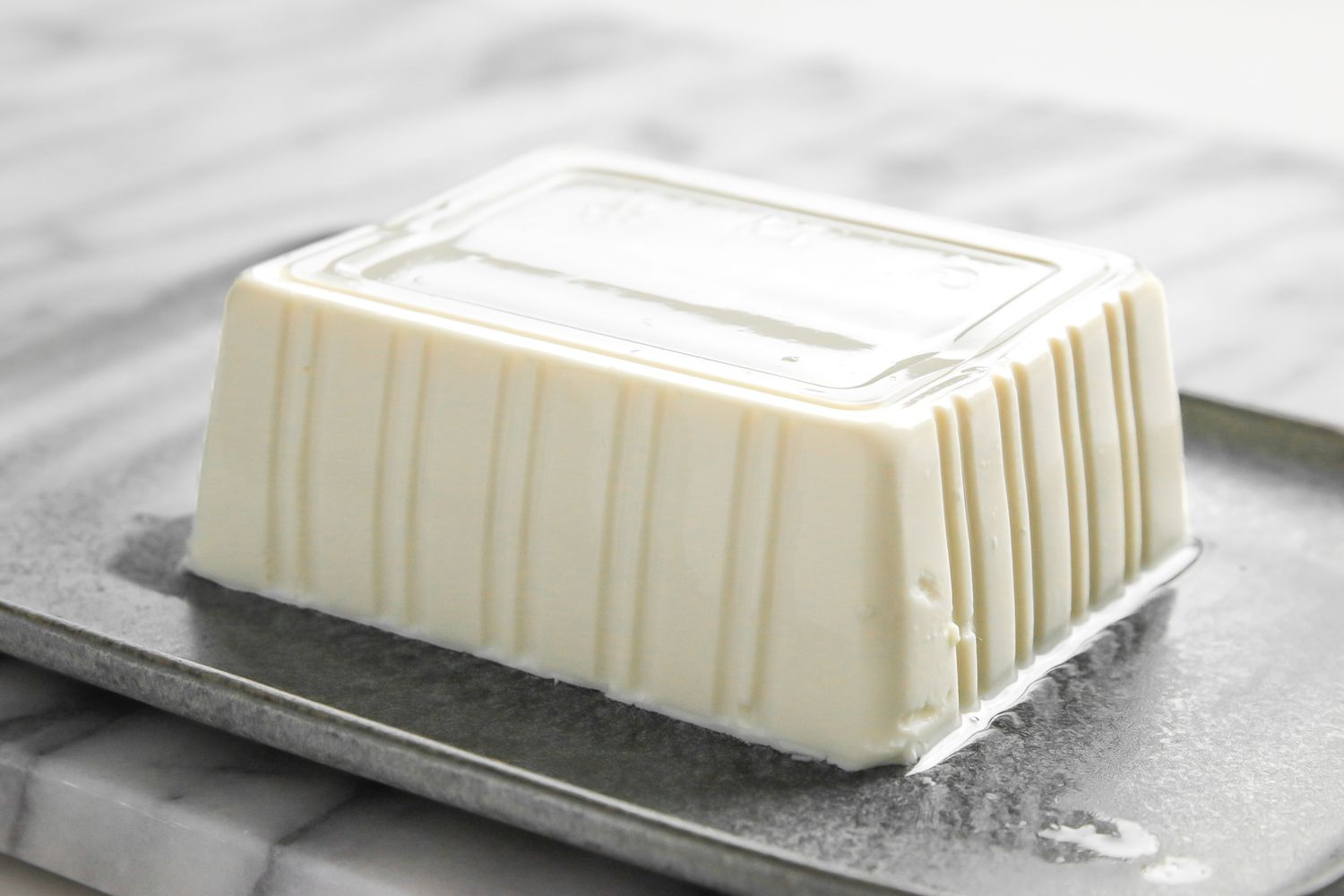








0 thoughts on “How To Store Uncooked Tofu”